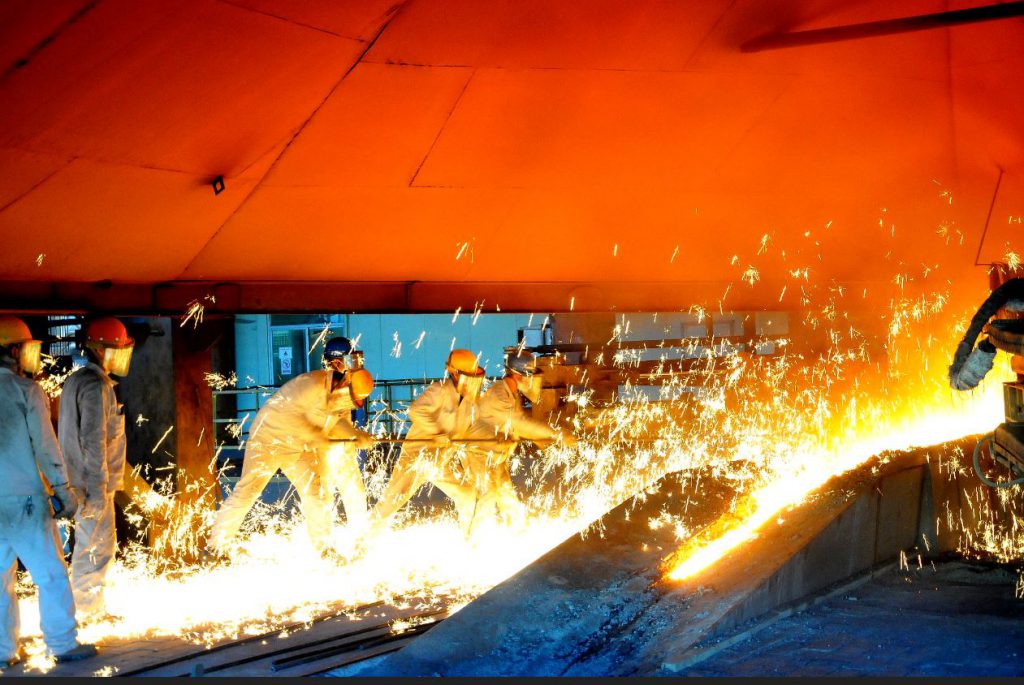
Indonesia is considering a plan to restrict construction of smelters producing nickel pig iron or ferronickel in order to optimise use of its limited nickel ore reserves for higher-value products, a senior mining ministry official said on Thursday.
Indonesia is currently the biggest producer of the two crude metals, and a restriction on more smelters coming online could hit Chinese stainless steel producers who are among biggest customers for Indonesia’s relatively cheaper materials.
Restricting construction of new smelters is deemed necessary because of limited reserves of saprolite nickel ore, Ridwan Djamaluddin, a senior official at Energy and Mineral Resources Ministry, told Reuters as the government discussed the plan with a parliamentary committee.
“Based on the input capacity of existing and under construction pyrometallurgical plants, assuming there is no further exploration, if constructions are not limited this high grade nickel ore reserve will only last for less than 20 years,” he said.
The government is keen to develop a full nickel supply chain, including production of nickel sulphate used in electric vehicle batteries, to producing the batteries and assembling electric vehicles.
The planned restrictions on new smelters would not apply to those already under construction, Ridwan added.
Indonesia banned exports of unprocessed ore last year to promote development of a nickel smelting industry.
While many smelters are exporting their nickel pig iron (NPI) and ferronickel (FeNi), not many have moved up the value added chain to process these crude metals into stainless steel, he said.
Southeast Asia’s biggest economy has 16 nickel smelters running, mostly producing NPI and FeNi. In five years, the number is expected to increase to 29, mining ministry data showed.
A lawmaker who was the member of the parliamentary committee said smelters needed to be encouraged to move up the chain.
“What needs to be promoted is exports of stainless steel, or at least nickel sulphate, so we can achieve higher value add because the price gap is quite wide,” said Mulyanto, the lawmaker, who goes by one name.
(By Bernadette Christina and Fransiska Nangoy; Editing by Simon Cameron-Moore)
Comments